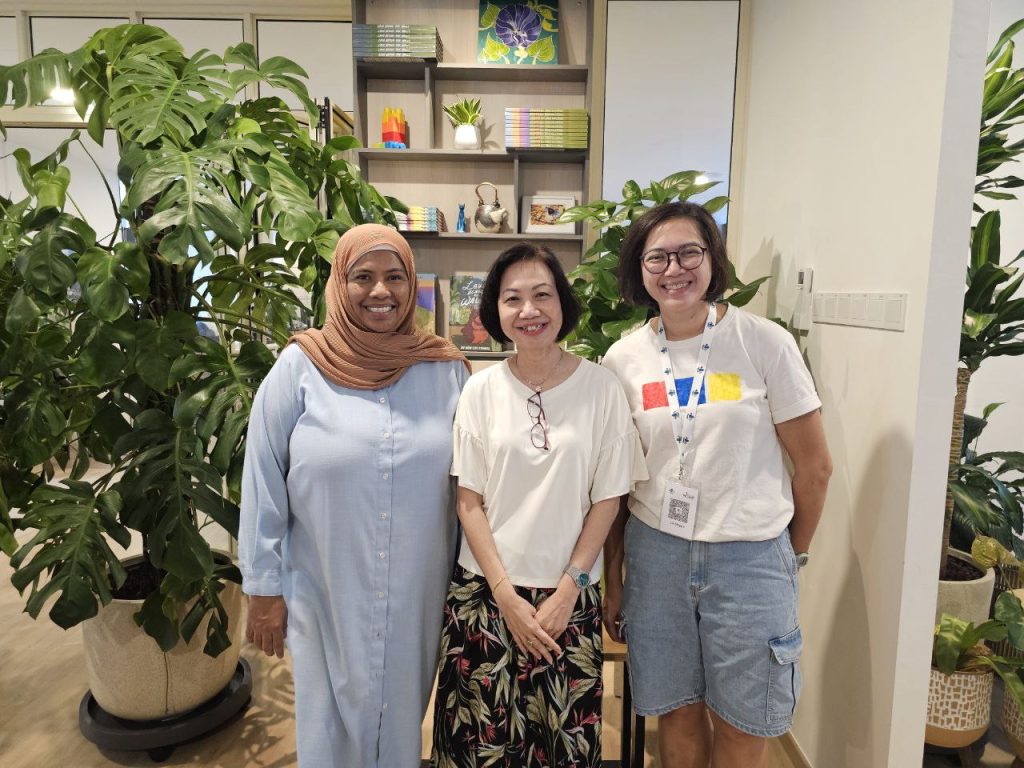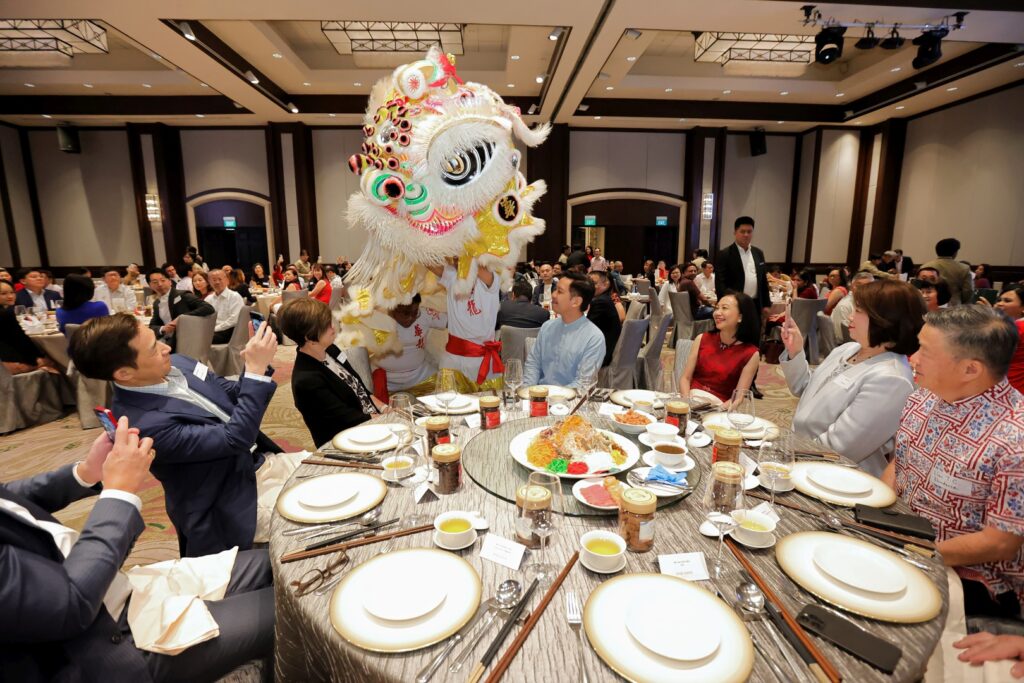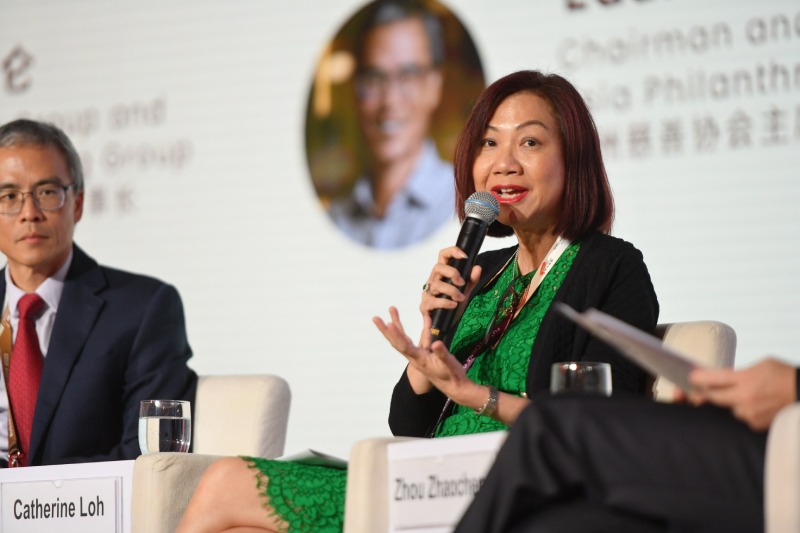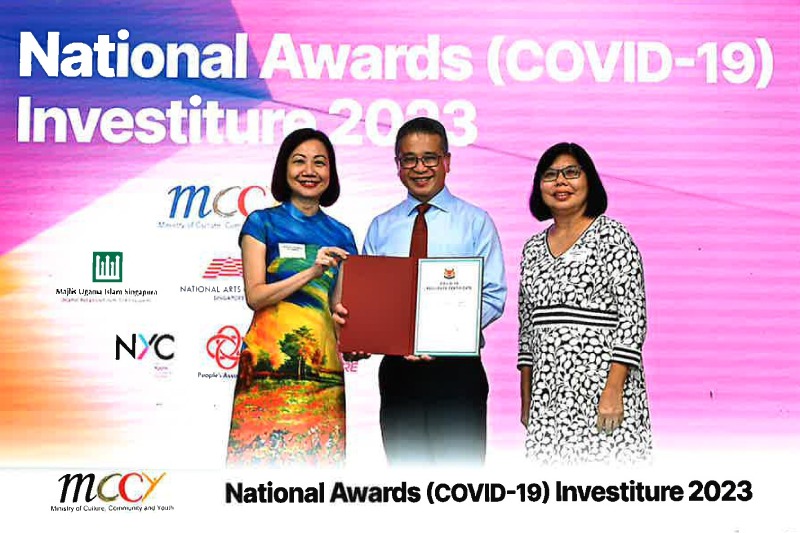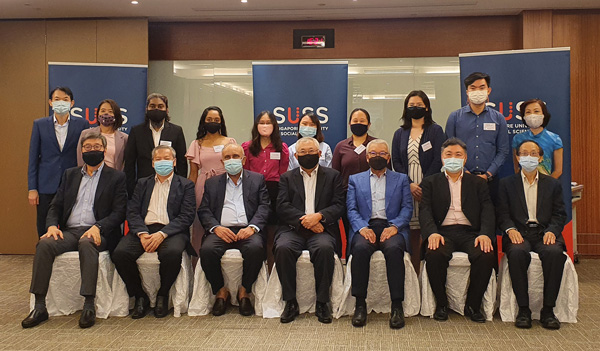In a study of household budgets by Dr Ng Kok Hoe (Lee Kuan Yew School of Public Policy), A/P Teo Youyenn (Nanyang Technological University), Dr Neo Yu Wei (National University of Singapore), Dr Ad Maulod (Duke-NUS), Dr Stephanie Chok and Wong Yee Lok (LKYSPP), a basic standard of living means “…more than just, housing, food, and clothing. It is about having opportunities to education, employment, and work-life balance, as well as access to healthcare. It enables a sense of belonging, respect, security, and independence. It also includes choices to participate in social activities, and the freedom to engage in one’s cultural and religious practices.”To date, a total of two household budget studies were conducted using the Minimum Income Standards (MIS) as a research method for establishing the incomes needed for a basic standard of living in Singapore. In 2019 the study[1] targeted seniors and in 2021 the study[2] extended this work to the needs of households. The results helped to establish a living wage level, a wage that allows people to afford a decent standard of living and embodies the values and principles that the public identifies with across a range of domains.
